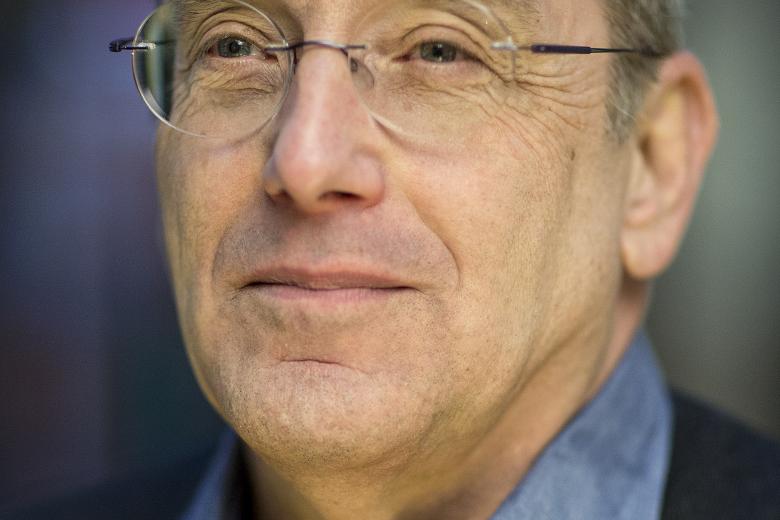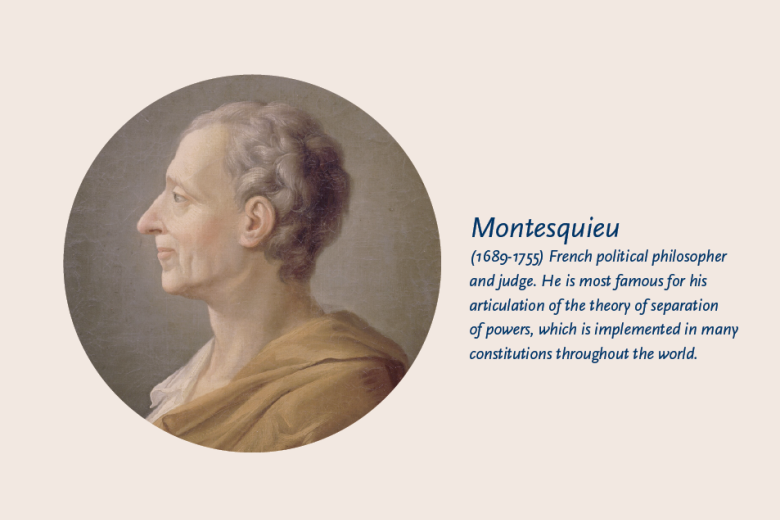Brexit and negotiation
Which of the two sides, the EU or the UK, has the better bargaining position? The EU? After all, art 50 TEU says that even in the event of a no deal a Brexit may take place after two year. And that means then a hard Brexit and no special deal with the UK for trade for instance.
Put that way, it appears to be a bad deal for the UK: without access to the EU markets and no trade deals with the rest of the world. And no guarantees for UK citizens who reside on the continent. And unlike May's expressed preferente there will not be a possibility not to pay in and at the same time benefit from the EU's four freedoms, except the freedom of workers. So the UK will not get what it wants.
But let's take a closer look: the EU has indicated that the UK has to pay a bill of tens of billions of euros. And in case of no deal a Brexit will leave this bill to be unpaid so to be covered by the other 27 states. I do not believe there is another way for the EU to recover UK's debt to the EU by any other means since the well known art. 50 is precisely intended to regulate mutual claims, expenses and benefits.
And how about the couple of millions of EU citizens in the UK? They may also suffer from a hard Brexit. Will the UK try to get rid of these working and tas paying workers? Not likely, but then again there will be pressure on the EU to get a good deal for its citizens in the UK. And yes, evidently there are also quite a few UK citizens on the continent, not only as workers but also as pensioners primarily in Spain. Does the EU, Spain, want to see them leave? That will depend how much they contribute to the EU economy or are a cost to the EU economy since they will be drawing on healthcare and facilities.
Theresa May's move to call for elections in June, is certainly clever. It shows her resolve for domestic purposes but also to the EU. It may give her a big(ger) majority, hurt Labour, and strengthen her position as the UK leader and within her own party. But the call for elections has shortened the period for negotations, taking some three months off the 24 months and again postponing the negotiations to only start in a month. But then again, it will also put pressure on the EU which will want to see the UK debt to be paid and its citizens in the UK protected and its trade with the UK not hurt and security and intelligence collaboration to remain intact for the security of the EU and the UK alike.
And the EU presently may seem united behind the negotiations strategy and guidelines. But will that last when the contours become clear and states will see the budgetary effects of a no deal and the trade consequences for their industries and busineses? Evidently negotiations do not start with a compromis but with the focus on the opposing claims and points of view.
A.W. Heringa
Author and editor of numerous books and articles on Dutch Constitutional law, the European Convention on Human Rights, the European Social Charter, comparative constitutional law, US constitutional law, Human Rights and legal education. Author of blogs on the Montesquieu Institute website.

-
House of Cards: when your worst enemy is one of your own
In the 1980s, in the heyday of Thatcherism, Scottish actor Ian Richardson starred in the leading role of Francis Urquhart in the BBC series House of Cards. In it, Urquhart, who starts out as the Chief Whip for the Conservative government led by Thatcher’s fictional successor, schemes against and...

-
Johan Rudolph Thorbecke
(1798-1872). Dutch liberal statesman. Drafted the 1848 revision of the Dutch Constitution that established the parliamentary system.

-
Montesquieu
Since the educational spaces in our faculty have all been named, we would like to tell about the background of the elected jurists and cases. Through a series of blogs we want to make the names come to life and show that our building houses a legal faculty. After all, not everyone knows all the ins...
